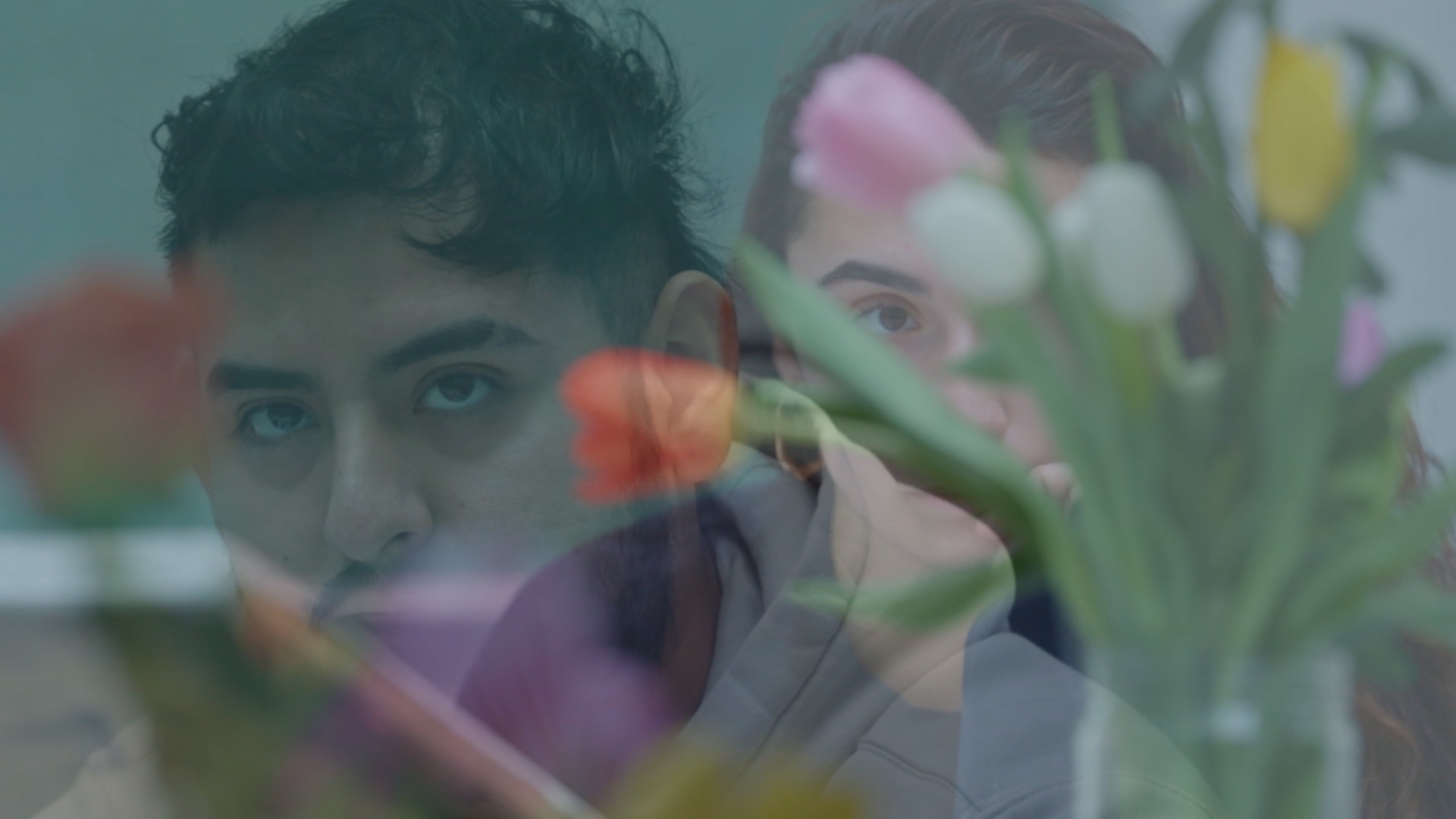
- This event has passed.
Kayleigh Young’s To Looking

Tuesday, July 29, 6 pm
Free or suggested donation
RSVP below
To Looking is a portrait of process and presence. Structured around a semester of hands-on assignments, from tulip drawings to fingerprinting, this short film explores the intersection of scientific inquiry and artistic expression. At the center of the story is the Coalesce Center for Biological Art at the University at Buffalo, where such boundaries are intentionally blurred. Through conversation with the center’s founder and director, Paul Vanouse, and close observation of his Art and Life class, To Looking offers a glimpse into a distinctive kind of learning environment where undergraduates from both the sciences and the humanities are confronted with new ways of seeing and making. Created as a Master of Science thesis project, To Looking invites viewers to reconsider the divide between objectivity and subjectivity; between what we know and how we come to know it.
Attendees: Squeaky Wheel is located in Suite 310 of Tri-Main Center. Take the elevator to the third floor, and head left. Please note that you cannot enter Tri-Main Center after 7:30 pm. Click here to see parking, transportation, and accessibility information.
Biography
Kayleigh Young is a first-generation American photographer and filmmaker working at the intersection of art and science. Born in New Jersey and raised on a steady stream of science-fiction films, Kayleigh developed a fascination with the strange and uncanny. She has a BS in Integrative Informatics from Allegheny College and is a candidate for an MS in Media Arts and Sciences at the University at Buffalo. Kayleigh draws from her background in the critical study of natural sciences, posthumanism, and media theory to create emotionally resonant films that support public understanding of complex scientific topics. Kayleigh’s work is centered on the belief that documentary film is a powerful tool for scientific literacy and civic engagement. She uses filmmaking to not only tell stories, but to investigate the systems and interfaces through which knowledge is shared.

